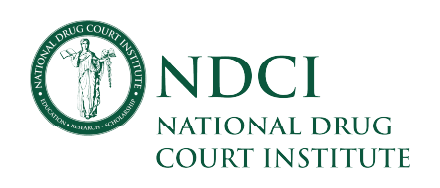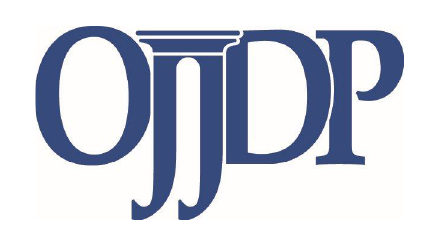- Dec 2018
- National Association of Drug Court Professionals
Transforming Systems > Court-Based Interventions > Adult and Juvenile Drug Courts
Adult and juvenile drug courts are specialized court docket programs that target adults charged with or convicted of a crime and youth involved in the juvenile justice system who have drug dependency problems. These court programs offer individuals with substance use disorders the opportunity to enter long-term drug treatment and court supervision rather than a jail sentence. Under the supervision and authority of the court, the participant’s progress is monitored. Progress in these court programs are typically measured by maintaining recovery and working on lifestyle changes.
There is no universal model for drug court programs but there are two common ways in which people enter drug court.
Programs are generally managed by a multidisciplinary team including judges, prosecutors, defense attorneys, community corrections officers, social workers, and treatment service professionals. Support from stakeholders representing law enforcement, the family, and the community is encouraged through participation in hearings, programming, and events such as graduation.
Below is a list of funding opportunities that have been previously available from federal and private funding sources. Please note that although the funding deadlines may have passed, they can still be reviewed and considered for future planning purposes. You can check back often on the Announcements page for current funding opportunities as they are announced.
Many federal agencies and other partners offer assistance, in addition to grant funding, to jurisdictions, agencies and stakeholders to address training needs or the need for subject matter expertise to address local issues or challenges. Through these resources, you can access recent publications, tools, often request one-on-one remote or offsite assistance. Examples of assistance can include time with trainings, consulting time with subject matter experts, and/or opportunities for connecting with peers doing similar work.

The National Drug Court Institute is funded by the Bureau of Justice Assistance to provide technical assistance to BJA Adult Drug Court Grantees and to the treatment court field including adult drug courts, co-occurring courts, DWI courts and veterans’ treatment courts.

With Office of Juvenile Justice and Delinquency Prevention’s TTA360 you can access statewide, individual or virtual juvenile drug treatment court trainings. TTA360 also allows you to submit technical assistance requests to access a range of OJJDP’s providers on varied juvenile justice topics.